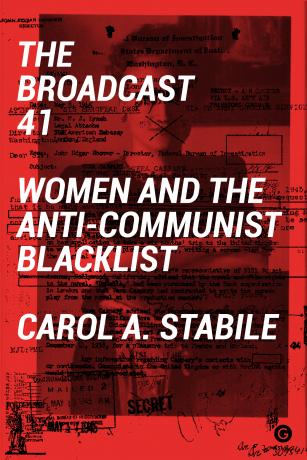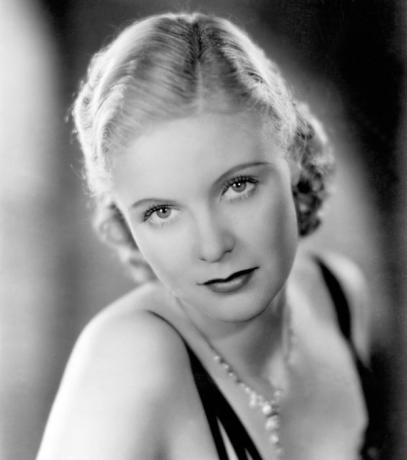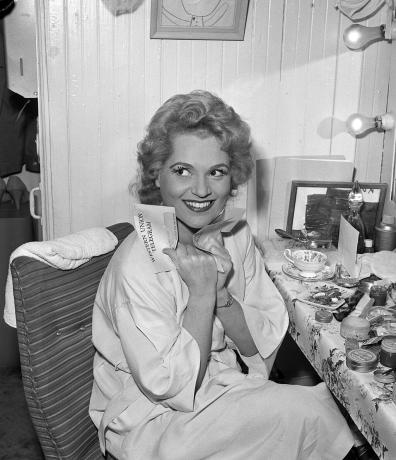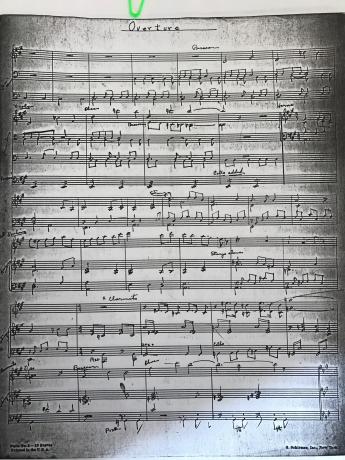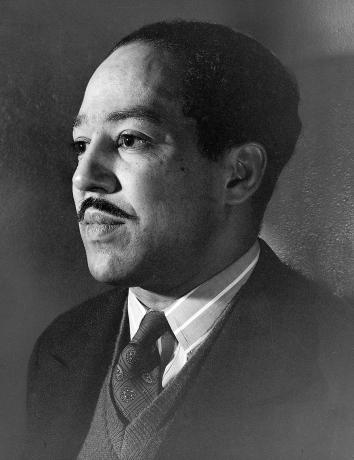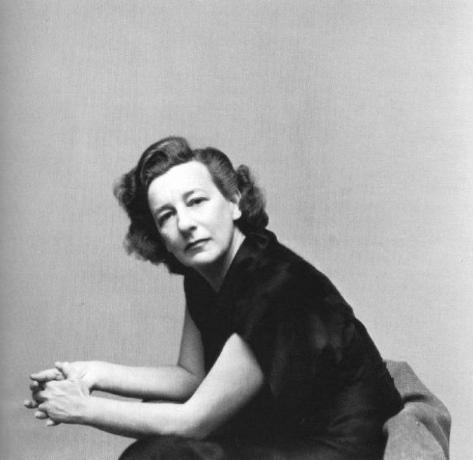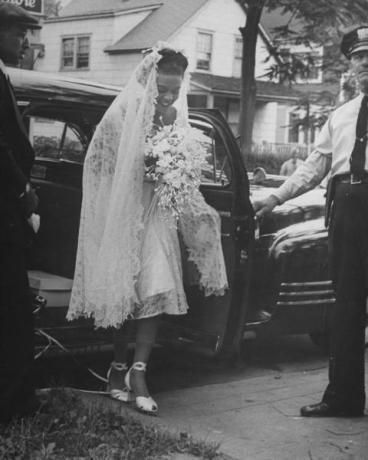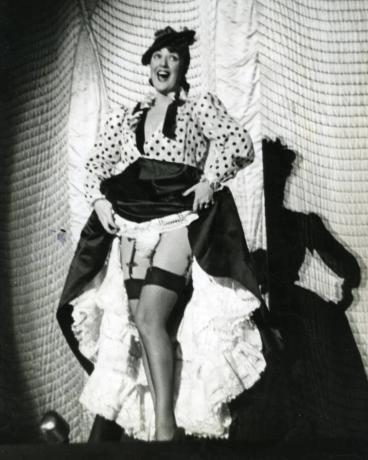Who were the Broadcast 41?
Why did images of white, nuclear families dominate television in the 1950s? Why has it taken nearly 70 years for images of a diverse America—featuring people of color, immigrants, women as independent social beings—to appear on prime time television? Challenging the longstanding belief that what appeared on television screens in the 1950s and after resulted from some social consensus, The Broadcast 41 addresses these and other questions by telling two intersecting stories.
